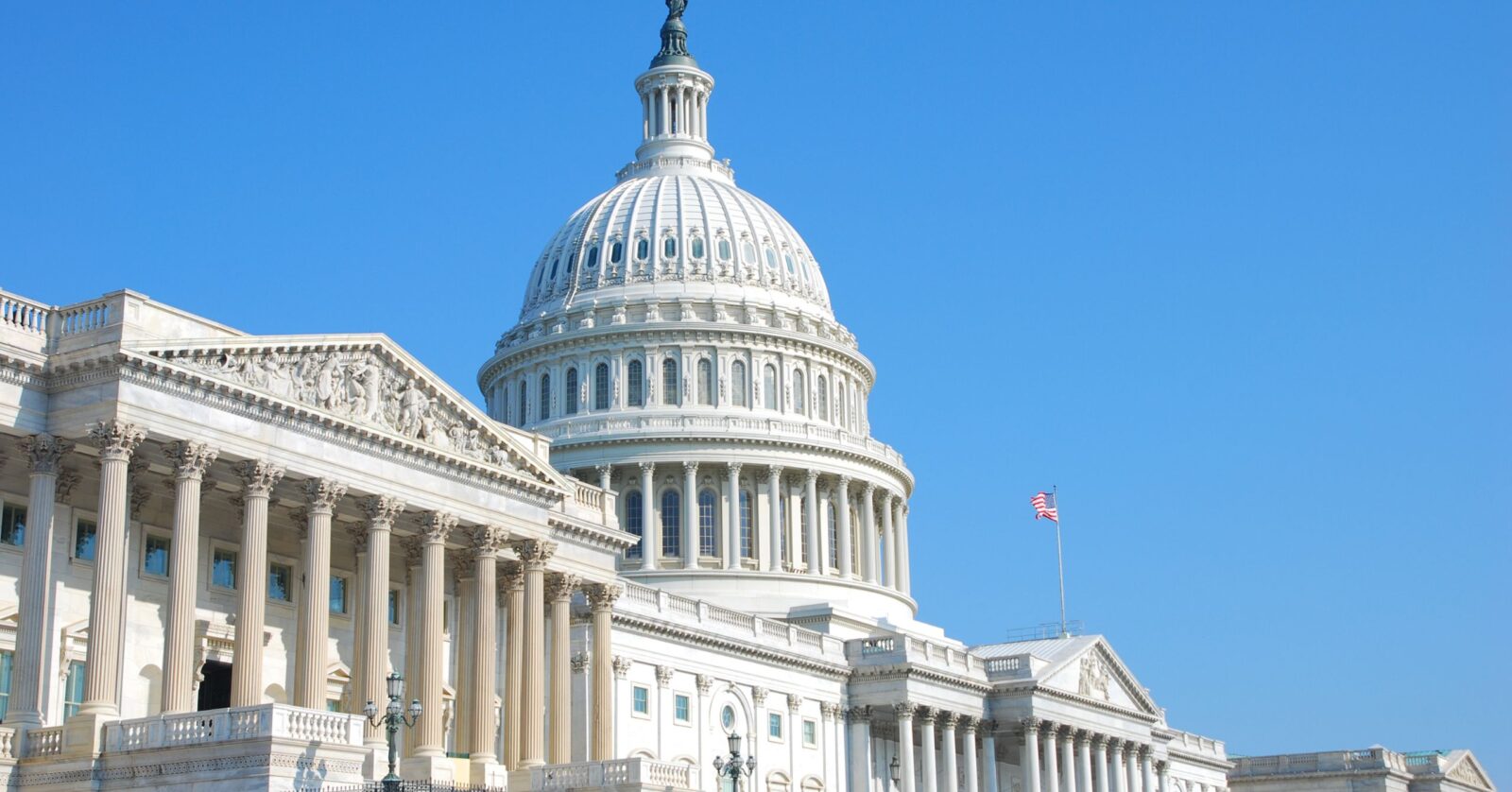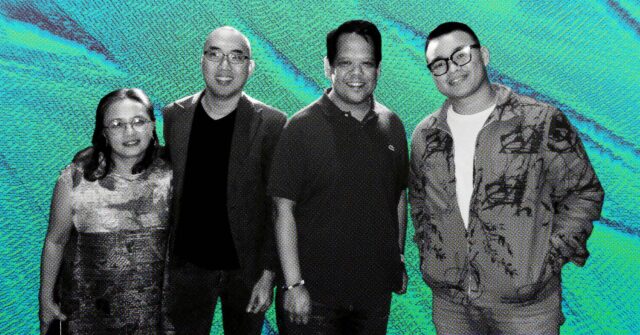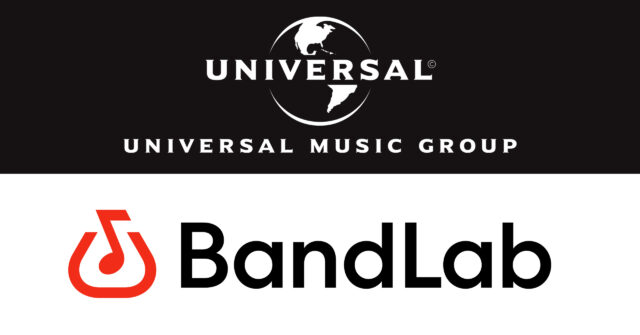Fraudulent Artificial Intelligence will soon be closely monitored more than ever before with the No AI FRAUD Act.
In a move celebrated by leading voices in the music industry, a bipartisan group of House Representatives in the United States unveiled the No Artificial Intelligence Fake Replicas And Unauthorized Duplications (No AI FRAUD) Act on Wednesday, January 10. Spearheaded by Democrat Rep. Madeleine Dean of Pennsylvania and Republican Rep. Maria Salazar of Florida, the bill aims to safeguard individuals from the unauthorized use of their image and voice in AI-generated deepfakes.
This legislation introduces a federal-level “right of publicity,” an intellectual property right protecting against the unauthorized use of an individual’s likeness, voice, or identity. Notably, only 19 out of 50 US states currently have laws explicitly recognizing the right to publicity, making the No AI FRAUD Act a significant step towards establishing a comprehensive framework.
Mitch Glazier, Chairman and CEO of the Recording Industry Association of America (RIAA), commends the No AI FRAUD Act as a meaningful stride toward building a safe and ethical AI ecosystem. Glazier underscores the necessity of establishing guardrails to protect individual rights, preserve the creative arts, and ensure the integrity of generative AI.
Other prominent voices in the industry such as Universal Music Group (UMG) Chairman and CEO Sir Lucian Grainge expressed their strong support for the No AI FRAUD Act, emphasizing the need to prevent the unauthorized use of someone else’s image, likeness, or voice. UMG, as the world’s largest music rightsholder, has been actively advocating for a federal right of publicity amid the rapid expansion of AI capabilities.
The legislation aligns with the music industry’s push for ethical AI practices. Jeffrey Harleston, UMG’s General Counsel and Executive Vice President for Business and Legal Affairs, previously called for a federal right of publicity during a Senate Judiciary Committee hearing in July 2023. This House bill follows a similar Senate proposal, the No AI FRAUD Act, released in October 2023. Both bills share the goal of addressing unauthorized deepfakes, with the Senate version focusing on holding businesses liable for producing and hosting such content. The bipartisan support for these measures reflects a united effort to protect artistic integrity and individual rights in the face of evolving AI technologies.
As the United States Congress closes in on protecting artists and anyone alike from the consequences of fraudulent AI, the world pays close attention to its effect on the music industry.



